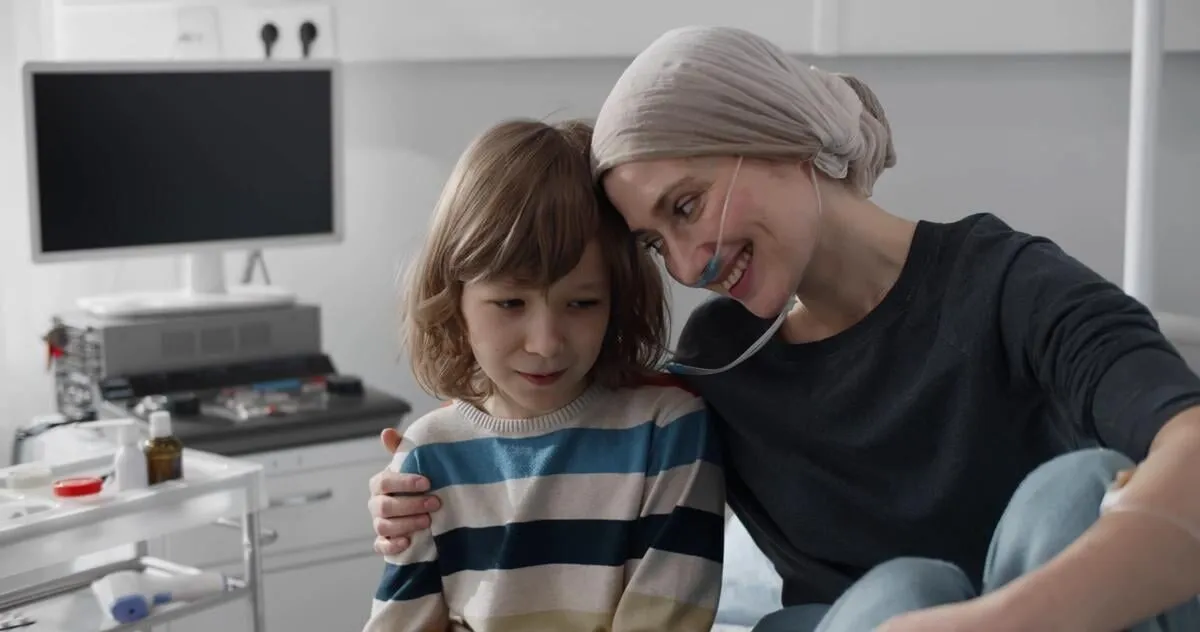Cancer Immunotherapy Breakthrough: Ipilimumab and Nivolumab Show Promise for Melanoma

Cancer Immunotherapy Advancements
In the field of cancer research, the combination of ipilimumab and nivolumab has emerged as a powerful contender against advanced melanomas. These drugs are considered checkpoint inhibitors, functioning to enhance the body’s immune response against cancer cells. Recent clinical trials have demonstrated significant improvements in survival rates for patients receiving these treatments.
How Ipilimumab and Nivolumab Work
Both ipilimumab and nivolumab target different mechanisms within the immune system, leading to a synergistic effect that benefits patients. Ipilimumab works primarily by blocking the CTLA-4 protein, while nivolumab targets the PD-1 pathway, allowing T-cells to better attack cancerous cells.
Key Benefits of Combining These Drugs
- Increased Survival Rates: Many patients report longer survival times.
- Improved Quality of Life: Patients experience fewer dissemination symptoms.
- Enhanced Immune Response: Combined therapy shows effective tumor suppression.
As research progresses, these biopharmaceuticals are paving the way for future developments in cancer treatments and healthcare. For those battling melanoma, the advancements signify hope and possibility.
Disclaimer: The information provided on this site is for informational purposes only and is not intended as medical advice. We are not responsible for any actions taken based on the content of this site. Always consult a qualified healthcare provider for medical advice, diagnosis, and treatment. We source our news from reputable sources and provide links to the original articles. We do not endorse or assume responsibility for the accuracy of the information contained in external sources.
This article was prepared using information from open sources in accordance with the principles of Ethical Policy. The editorial team is not responsible for absolute accuracy, as it relies on data from the sources referenced.